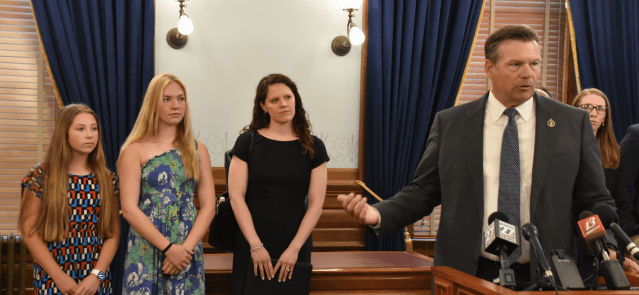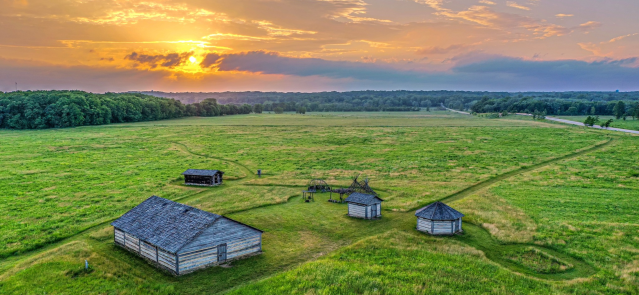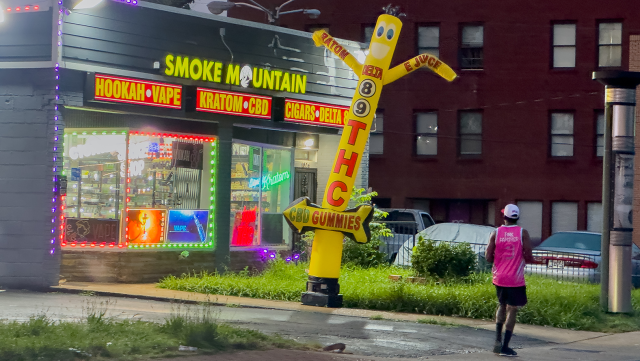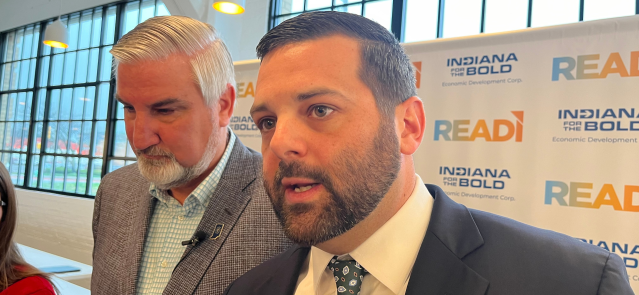TUCSON, ARIZONA – Unhoused people who sleep outside will not be treated as criminals in Pima County despite the recent U.S. Supreme Court decision allowing cities to punish people for sleeping outdoors, Pima County Attorney Laura Conover and Pima County Supervisors Chair Adelita Grijalva said in a Tuesday news conference. Conover opened the news conference by noting that the ruling is flawed for several reasons:
- It falsely suggests that we can arrest our way out of chronic homelessness, substance use disorders, or mental illness,
- It is an unfunded idea that local police and prosecutors have no extra capacity to deal with, and
- It distracts from city and county efforts to address illness, housing, and poverty which are starting to lead to a decline in both homelessness and overdose deaths.
“Most importantly, the Supreme Court is wrong. Morally, ethically wrong,” Conover said. “Despite the overwhelming challenges of COVID, homelessness, crime, and fentanyl, Pima County never lost sight of humanity, and I’m here to make sure we don’t. While the Supreme Court is willing to tolerate cruelty, this community will not.” The recent SCOTUS decision known as Johnson v. City of Grants Pass overturned an earlier ruling by the 9
thCircuit Court of Appeals prohibiting cities from criminally charging unhoused people when there is no shelter available to them. Grijalva said the ruling is fundamentally flawed. “I want to make one thing very clear: we cannot arrest our way out of the problem facing our community members and many other communities across the nation,” she said. “Being unhoused is not a crime.” Pima County struggles with affordable housing and the funding needed to reduce or eliminate acute or chronic homelessness, Grijalva said. “I am pleased that Pima County has a longstanding policy to provide assistance and resources to those who find shelter in an encampment, and work to find relocation before requiring people to leave an area,” Grijalva said. “The Supreme Court ruling will not affect our efforts to continue seeking humane and just ways to work with individuals facing this issue.” During the Q&A session, County officials were on hand to answer questions, video of the press conference can be found at this
link.PCAO Summer Law Clerk Natalia Erickson compiled a list of LGBTQIA+ safe housing options to share with the public. We also have other available service options listed
here.







